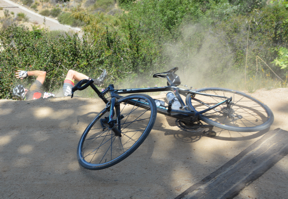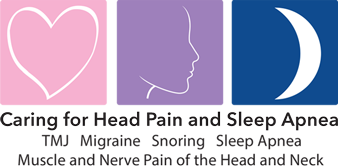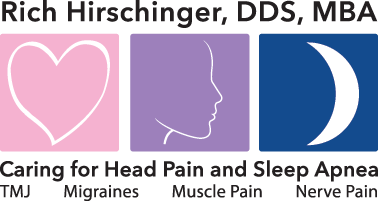After a head injury, such as those that occur after be ing involved in a bike accident, any layman can do a quick assessment of the injured person to check for a sign of a possible brain concussion.
ing involved in a bike accident, any layman can do a quick assessment of the injured person to check for a sign of a possible brain concussion.
It is not important that you remember all the information below. If you only remember some of these questions, and you get responses that seem abnormal, you should get the person emergency medical care as soon as possible.
The first step is to determine if they are “alert and oriented times four” by asking them the following questions:
- What is their name?
- Where are they?
- What are the time and date?
- What just happened?
Then ask them some or all of the following questions and observe their responses.
- Ask them to repeat back to you, and remember, three simple words such as, “dog, boat, and orange.” Then have a 5-minute conversation with them. At the end of the conversation, ask them to repeat the three words you told them to remember.
- Ask them to spell the word “world” backwards.
- Have them follow your finger with just their eyes. Move your fingers up and down and make an “X.” Both eyes should be able to track the movement of your fingers.
- Ask they dizzy, nauseous, or do they have a headache?
- Is their speech is normal?
- Is their behavior normal?
- Are their pupils the same size?
- Are they sensitive to light and/or sound?
- Are they getting more and more confused, restless, or agitated with your questions?
- Do they have any weakness, numbness, or decreased coordination?
Again, it is not critical that you remember everything listed on this page. This is a quick assessment to check for a brain concussion, and it is always better to error on the side of caution and have the injured party evaluated by a medical professional if you get any sense that something is not normal.
It is also important that you stay with someone who was injured until professional help arrives. Just think if the roles were reversed and your head was involved in the accident, or even if your head was fine but you were injured. Wouldn’t you want someone to stay with you?








